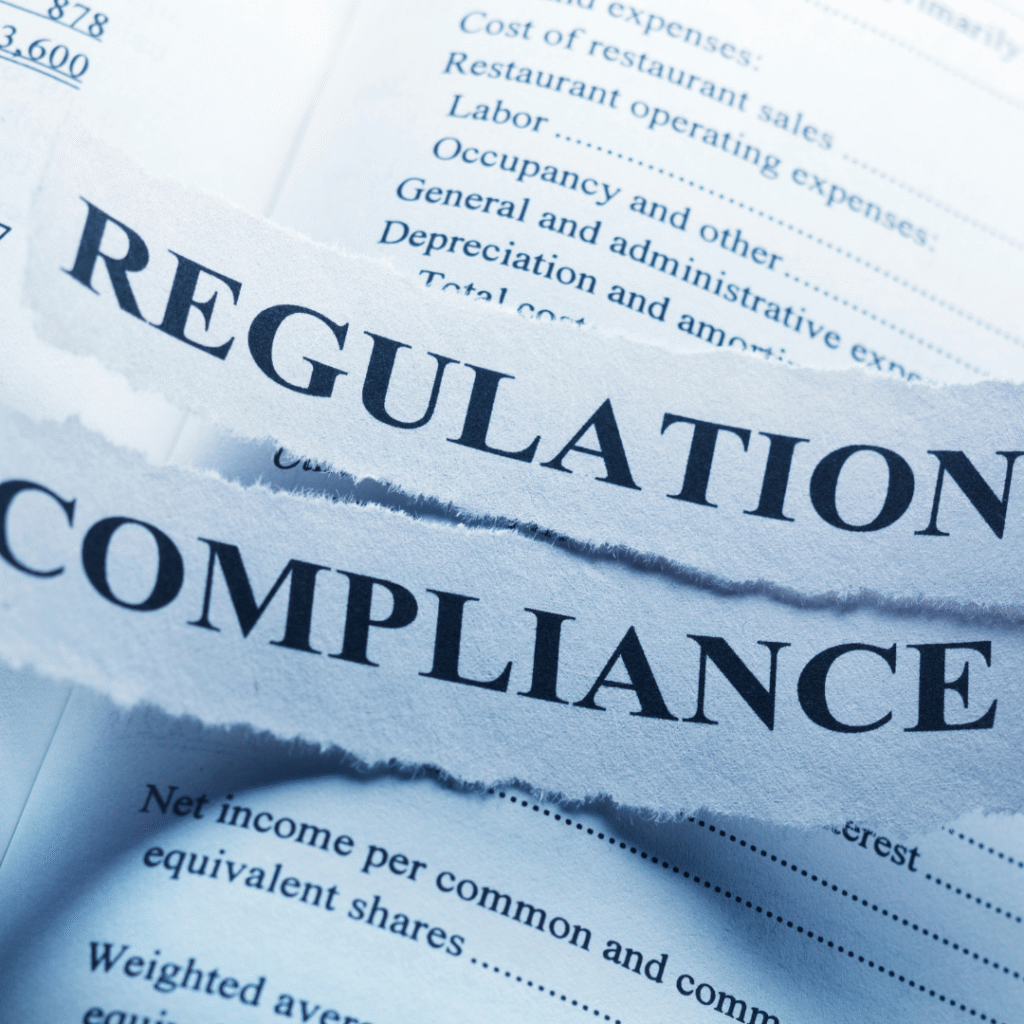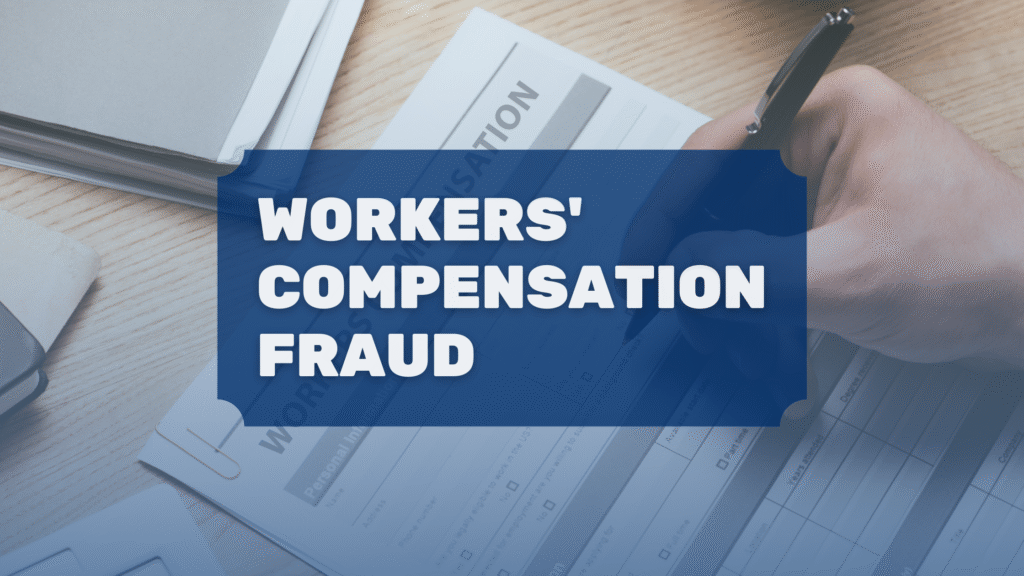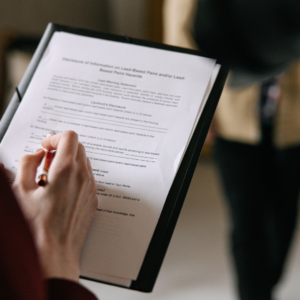August 27, 2025 | JacobiJournal.com – The 1st U.S. Circuit Court of Appeals has revived a Massachusetts case alleging insurance bad faith after a food service distributor’s insurer failed to propose a fair settlement. The ruling stems from plaintiff Paula Appleton’s $7.5 million jury verdict following a collision with a company truck.
Court records revealed that internal reports from AIG Claims, on behalf of National Union Fire Insurance, estimated damages between $6.5 million and $8.9 million more than a year before trial. Despite these assessments, the insurer refused to raise its $2.65 million offer.
Court’s Reasoning on Insurance Bad Faith
The appeals court held that under Massachusetts law, insurers must make good-faith settlement efforts when damages are “reasonably clear.” The refusal to increase an offer in line with internal evaluations can constitute insurance bad faith, even if the final amount is disputed.
The decision reinforces that insurers who disregard their own evidence of liability and damages risk exposure to significant legal consequences.
Broader Implications for Policyholders
This ruling underscores the legal obligation of insurers to protect policyholders by pursuing fair settlement practices. For victims, it highlights the importance of challenging settlement delays or undervaluation, particularly in cases involving catastrophic injuries.
For comprehensive insight into what constitutes bad faith in Massachusetts and how the law protects policyholders, check out this excellent breakdown in the Boston Bar Journal on enforcing the implied covenant of good faith under G.L. Chapter 176D(9)(f).
FAQs: Insurance Bad Faith Case Details
What does insurance bad faith mean in Massachusetts law?
Insurance bad faith occurs when an insurer fails to make a fair settlement offer even when damages and liability are reasonably clear.
Why did the appeals court revive the case?
The court ruled the insurer may have acted in bad faith by refusing to increase its offer despite internal reports showing damages were far higher.
How much was the original verdict tied to this insurance bad faith dispute?
The plaintiff, Paula Appleton, secured a $7.5 million jury verdict in state court before the appeal.
What are the broader implications of this ruling?
The decision highlights insurers’ legal duty to protect policyholders and ensure good-faith settlement practices.
Stay informed on insurance litigation and fraud cases. Subscribe to JacobiJournal.com for the latest legal news and expert analysis.
🔎 Read More from JacobiJournal.com:
- Canton Man Pleads Guilty in $4M Medicare DME Fraud Scheme
- DOJ Seeks $11M in Civil Forfeiture Over Miami DME Fraud Case
- COVID Death Lawsuits May Require Special Master for Discovery
- Burr & Forman Faces Malpractice Claims in $8M Healthcare Fraud Case
- Meta Privacy Verdict Raises Alarm Over Reproductive Health Data Risk





